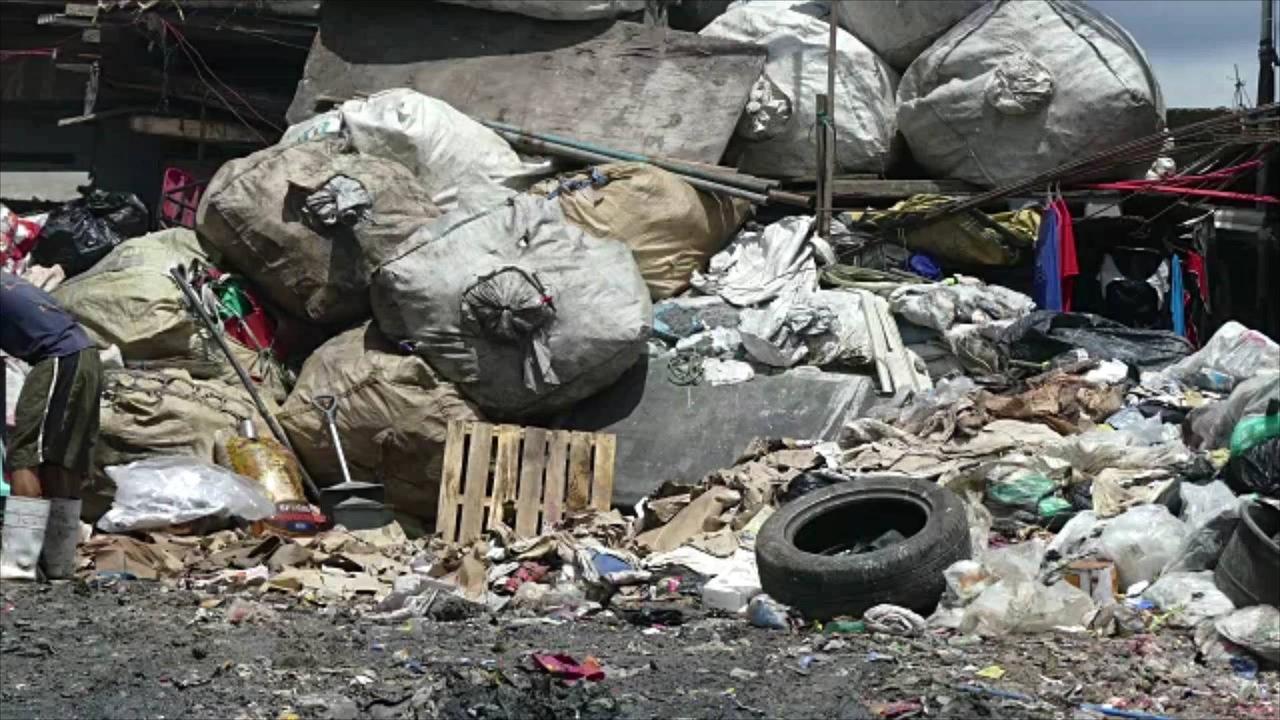
EU Takes Step Towards Ending, Export of Plastic Waste , to Poor Countries.
On November 17, the European Union reached a breakthrough in efforts to stop shipping tons of plastic trash to poorer nations.
According to a tentative new agreement, 27 EU nations agreed to stop sending plastic waste outside the Organization for Economic Cooperation and Development club of wealthy nations.
'The Independent' reports that the agreement still needs formal approval by both the council that represents EU member states and the EU Parliament.
Only about a third of the plastic waste produced in Europe is recycled.
.
Half of the plastics collected by recycling programs are exported to non-EU countries to be treated.
.
The EU will finally assume responsibility for its plastic waste by banning its export to non-OECD countries, Pernille Weiss, EU Parliament rapporteur, via 'The Guardian'.
Once again, we follow our vision that waste is a resource when it is properly managed, but should not in any case be causing harm to the environment or human health, Pernille Weiss, EU Parliament rapporteur, via 'The Guardian'.
Once again, we follow our vision that waste is a resource when it is properly managed, but should not in any case be causing harm to the environment or human health, Pernille Weiss, EU Parliament rapporteur, via 'The Guardian'.
The agreement also calls for plastic waste exports to be held to , "stricter conditions, including an obligation to apply the prior written notification and consent procedure, and closer compliance monitoring.”.
'The Guardian' reports that the agreement was reached at United nations-led negotiations aimed at reducing plastics pollution in Kenya.
'The Guardian' reports that the agreement was reached at United nations-led negotiations aimed at reducing plastics pollution in Kenya.
EU data suggests that global production of plastics has increased from 1.4 million tons back in 1950 to approximately 359 million tons annually in 2018
